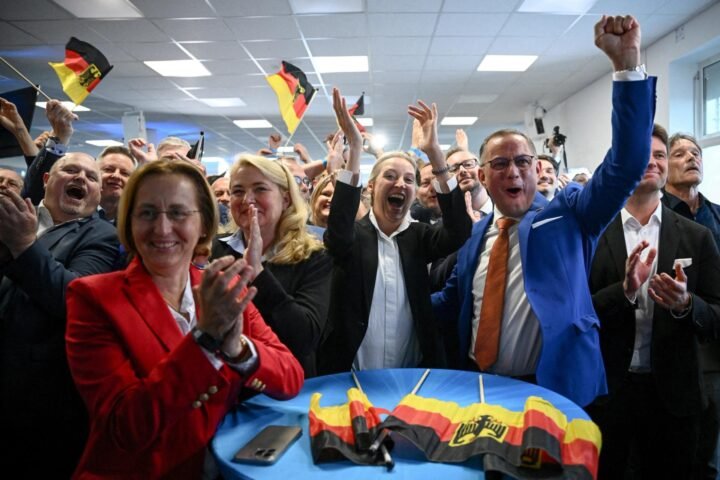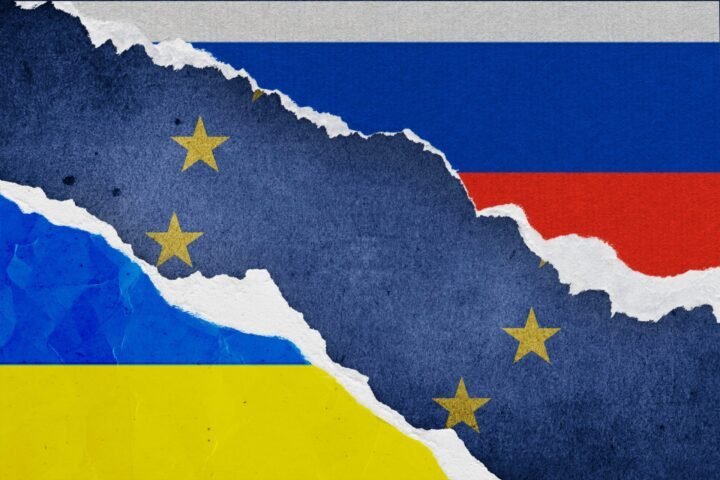Two 17-year-olds have been arrested in The Hague on suspicion of working for Russian intelligence services, in what prosecutors describe as the first known case of minors being used as foreign agents in the Netherlands. The arrests on 26 September, reported by De Telegraaf, highlight growing concerns about Moscow’s use of unconventional methods to expand its espionage activities across Europe.
Teenagers accused of surveillance near key institutions
Investigators believe one of the suspects carried a “Wi-Fi sniffer” near buildings housing Europol, Eurojust and the Canadian Embassy in August, potentially intercepting network traffic. The tool, often used for diagnosing connectivity problems, can also capture sensitive data, turning it into a powerful surveillance instrument. Prosecutors said the teenagers may have been recruited via Telegram. One remains in custody for 14 days, while the other has been placed under house arrest.
Authorities have declined to share further details, citing the suspects’ age and the sensitivity of the investigation. The arrests are being handled under the updated Dutch law on “state interference,” in force since May, which allows for prison terms of up to eight years for cooperation with foreign powers against national interests.
Part of Russia’s wider intelligence campaign in Europe
Dutch officials view the episode as part of a broader pattern of Russian espionage targeting EU and NATO countries. Moscow has intensified its intelligence operations, blending traditional undercover networks and diplomatic channels with new tactics such as online recruitment and advanced cyber tools. These efforts aim to extract information on Western institutions, military aid to Ukraine and vulnerabilities in critical infrastructure.
Analysts warn that even partial leaks of such data could undermine NATO logistics, weaken support mechanisms for Ukraine and expose security gaps exploitable by the Kremlin. Russian intelligence activities increasingly overlap with disinformation campaigns, cyberattacks and political interference designed to deepen divisions within European societies and empower pro-Russian forces.
Recruitment of minors signals shifting tactics
The use of teenagers underscores the absence of ethical boundaries in Kremlin intelligence operations and suggests a deliberate strategy to exploit vulnerable groups less likely to attract suspicion. While such tactics may provide short-term access, experts note they also risk further discrediting Moscow internationally.
The case has also reignited debate over the need for stronger investment in counterintelligence and technological capabilities, particularly in monitoring wireless networks and cyber domains that have become key battlegrounds for espionage.
Calls for prevention and stronger deterrence
Security experts stress the importance of prevention, including education campaigns in schools and social media to raise awareness of recruitment risks on platforms like Telegram. Teaching young people how manipulation works, and what legal and personal consequences may follow cooperation with foreign intelligence, is seen as essential to building societal resilience.
European governments are also urged to ensure that every confirmed espionage case leads to visible consequences — from expelling Russian diplomats to imposing new sanctions on implicated structures. Such actions, officials argue, are necessary to raise the costs of Moscow’s intelligence campaigns and demonstrate unity among EU and NATO members.









